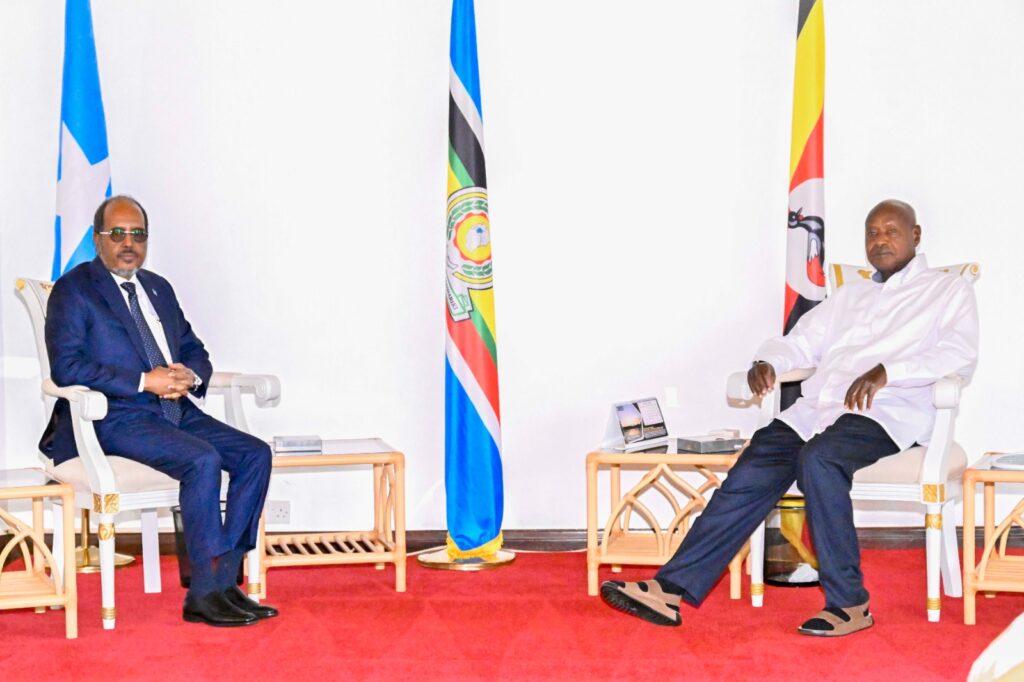Chinese Financiers Step in as Western Partners Exit Uganda Pipeline Project

Uganda is in advanced negotiations with Chinese financiers to secure funding for the East African Crude Oil Pipeline project after Western partners withdrew. Despite controversy, Uganda is committed to the project, with French energy giant Total Energies leading. Uganda anticipates oil production to begin in 2025, boosting its economy.

Uganda is currently in the advanced stages of negotiations with Chinese financiers to secure funding for a contentious pipeline project, following the withdrawal of certain Western partners. A senior official conveyed this information on Wednesday 27th September 2023.
Irene Bateebe, the Permanent Secretary at the Ministry of Energy, disclosed, “We are currently engaged in concluding discussions with our Chinese counterparts to secure approximately fifty percent of the necessary financing for the East African Crude Oil Pipeline (EACOP) construction.” She further noted, “We anticipate finalizing these arrangements with the Chinese financiers during the upcoming month of October.”
TotalEnergies, a prominent French energy corporation, is leading a multi-billion-dollar initiative aimed at developing Ugandan oilfields and transporting the crude through a 1,445-kilometer pipeline to a port in Tanzania.
Nevertheless, this endeavour has faced criticism from human rights organizations and environmental advocates who assert that it poses a threat to fragile ecosystems and the livelihoods of numerous local residents.
Despite this opposition, the government remains committed to progressing with the project, and TotalEnergies has maintained that those displaced by the undertaking have received equitable compensation, along with measures taken to safeguard the environment.
Bateebe emphasized the significance of this project for Uganda, noting that several European international partners had been compelled to withdraw their financing. Consequently, Uganda sought alternative cooperative partners to secure the remaining financing, and she affirmed that the project is proceeding according to schedule.
She revealed that Uganda is currently engaged in discussions with two Chinese financiers, namely the Export-Import Bank of China and Sinosure.
TotalEnergies possesses a 62 percent stake in the pipeline, while Ugandan and Tanzanian state-owned oil companies each hold 15 percent, with the China National Offshore Oil Corporation owning eight percent.
This pipeline forms an integral part of a $10 billion initiative designed to exploit oilfields in Lake Albert in northwestern Uganda and export the crude to global markets via the Indian Ocean port of Tanga in Tanzania.
The lake is situated above an estimated 6.5 billion barrels of crude, of which approximately 1.4 billion barrels are currently deemed recoverable.
Uganda’s inaugural oil production is anticipated to commence in 2025, nearly two decades after the discovery of these reserves. President Yoweri Museveni has lauded this project as an economic boon for the landlocked nation, where many residents grapple with poverty.







